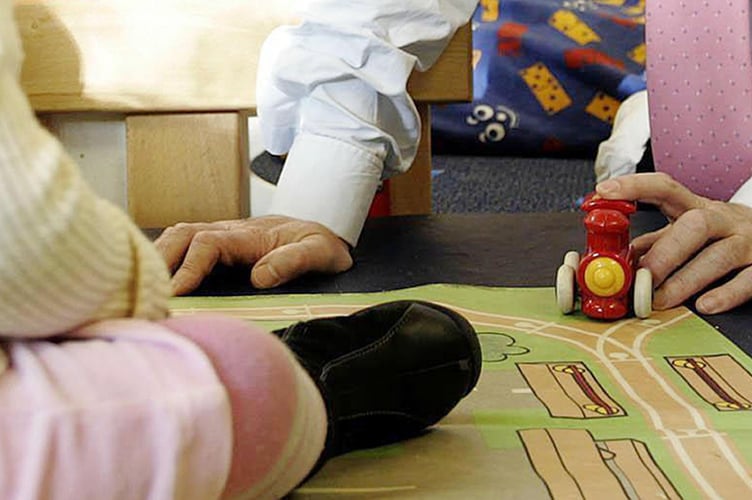Nearly a quarter of Year 6 children in Camborne and Redruth suffer from tooth decay, recent estimates show.
Fresh analysis by The Food Foundation reveals "shocking" health and dietary inequalities across England, with dental decay, obesity, diabetes and shorter life expectancy afflicting deprived constituencies.
The charity called on policy makers to target action where it is needed most, after Sir Keir Starmer pledged "to create the healthiest and happiest generation of children ever" ahead of last year's election.
Funded by the Nuffield Foundation, using government data and calculated by the London School of Hygiene and Tropical Medicine, The Food Foundation's new Health and Diet Inequalities Dashboard includes updated estimates of the health status of people across the country.
It estimates 22.62% of Year 6 children in Camborne and Redruth had tooth decay in 2022, while the average stood at 10.6% in England.
It also shows this figure varied greatly nationwide: some 39.4% of Year 6 children suffered from dental decay in Wolverhampton West in the West Midlands, compared to just 1.48% in the Brighton Kemptown and Peacehaven, Brighton Pavilion, and Hove and Portslade constituencies in the South East for instance.
The dashboard looks at a range of other metrics including childhood obesity, type 2 diabetes in adults, life expectancy, child poverty, and prominence of fast-food outlets, and shows there are considerable variations across constituencies for each indicator.
While 31% of Year 6 children were living with obesity in Smethwick and West Bromwich in the West Midlands, this number fell to just 11.3% in St Albans in the East of England for example.
In Camborne and Redruth, the figure stood at 18.8%.
The new tool also reveals deprived constituencies are the worst affected by poor dietary habits, and highlights significant regional divides.
It shows the North East is the worst affected region for six out of nine metrics, while the South East performed best overall.
The charity said understanding these geographical disparities is "key" for the Government to meet its manifesto commitments, and called for policy makers to target action where it is needed most in the Government’s upcoming Food Strategy and Child Poverty Strategy.
Dr Hannah Brinsden, head of policy and advocacy at The Food Foundation said the new health and diet inequalities dashboard highlights "stark inequalities" across the country, as well as "the detrimental impact that our food system is having on our health".
She added: "The Government’s Food Strategy is a huge opportunity to reduce these regional inequalities and improve the healthiness of our nation.
"By focusing on national action to improve our food environments, alongside harnessing the power of local leadership, bringing together local businesses, community enterprises and producers, we can ensure that everyone has access to more nutritious, affordable food, no matter where they live."
Paul McDonald, chief campaigns officer at Health Equals, said: "Food is an essential building block of good health that we should all have access to, no matter who we are or where we live.
"If the Government is serious about tackling health inequalities, they need to take urgent action on food insecurity, so we can make health equal across the nation."
Professor Sir Michael Marmot CH, director, UCL Institute of Health Equity, UCL Dept of Epidemiology and Public Health, said: "Too many people in Britain have food insecurity and too many people cannot access healthy food.
"The result is stark inequalities in health related to nutrition.
"A strategy to achieve greater health equity has to include access to affordable, nutritious and attractive food."
A Department of Health and Social Care spokesperson said: "Through our Plan for Change, we will create the healthiest generation of children ever, limiting kids’ access to fast food and cracking down on junk food advertising.
"We are launching a world-first partnership with food retailers and manufacturers to help families make healthier choices and reforming the soft drinks industry levy to ensure it continues to work effectively to reduce sugar consumption.
"We are also rolling out supervised tooth brushing for three-to-five-year-olds in the most deprived communities and have already begun the rollout of 700,000 extra urgent dental appointments."

